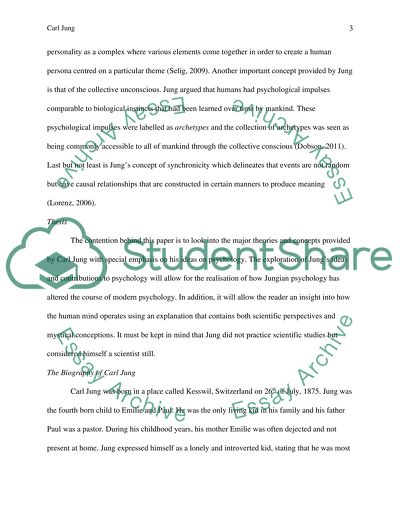Cite this document
(“Carl Jung and Theories Term Paper Example | Topics and Well Written Essays - 2000 words”, n.d.)
Retrieved from https://studentshare.org/psychology/1474279-carl-jung-and-theories
Retrieved from https://studentshare.org/psychology/1474279-carl-jung-and-theories
(Carl Jung and Theories Term Paper Example | Topics and Well Written Essays - 2000 Words)
https://studentshare.org/psychology/1474279-carl-jung-and-theories.
https://studentshare.org/psychology/1474279-carl-jung-and-theories.
“Carl Jung and Theories Term Paper Example | Topics and Well Written Essays - 2000 Words”, n.d. https://studentshare.org/psychology/1474279-carl-jung-and-theories.


